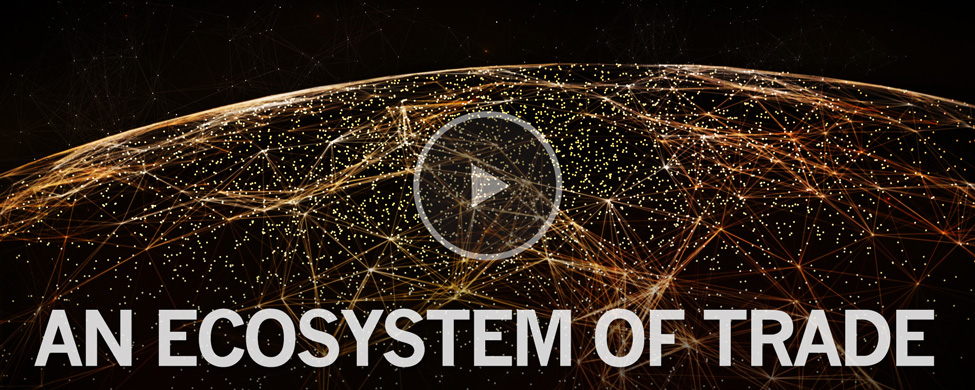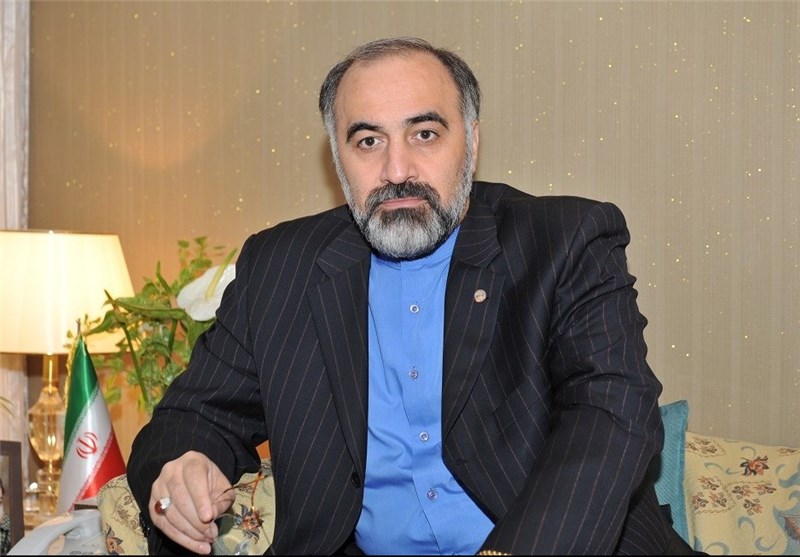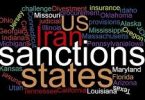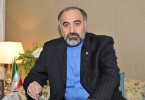The Iranian officials’ recent statements about the economic growth in the country have paved way to the wide discussions on the economic prospect of Iran.
The figures presented by the Iranian officials and positive reports of some international bodies predicted an economic growth in the country in coming years, though some experts are skeptic over this issue.
Speaking about the economic situation in Iran, Head of Iran’s World Trade Center Mohammad Reza Sabzalipour enumerated the ways of getting out recession. He told AzerNews that the Iranian government should take decisive measures to overcome the economic challenges.
Sabzalipour said the government should go after short-term solutions to make money, create jobs and so on.
He also said the government should leave out hampering bureaucracies, create attractive ground for new investments, provide investors with appropriate services, omit monopolies, restrict activities of pseudo governors and involve different companies in economical projects to facilitate and encourage exporting and exporters.
Sabzalipour added that in order to get out of stagnation without aggravating inflation, the government should provide bankrupted industries owners with circulating capital, remove travel ban on industries owners and economic activists who are restricted by banks and tax organization, cooperate with international economic organization, support domestic institutions and improve business space.
He noted that one of the ways of tackling economic problems is to establish appropriate exchange rate and increase value of Rial with creating positive mental atmosphere in the society.
The value of Iran’s national currency – the Rial – decreased considerably since 2010 until the end of ex-President Mahmoud Ahmadinejad’s term in office.
Sabzalipour further noted that the other ways of overcoming the economic problems are to return people’s trust to government and make them optimist about future, develop tourism by establishing substructures and required grounds, enforce resistant economic policies, improve situation for banks regarding delayed sums and increase their power by granting them facilities.
The Iranian officials have repeatedly blamed the international sanctions imposed on Tehran over its nuclear energy program for the economic crisis in the country. However, some economists argued that one of the main reasons behind the harsh economic situation in Iran is the mismanagement of the previous government.
Commenting on the issue, Sabzalipour said the government’s mismanagement is the main reason behind the economic stagnation in the country.
“Most of our vulnerabilities stem from wrong policies carried out by previous governments. We can see now the consequences of those policies. Although, international sanctions by the western countries are aggravating the condition, but according to the previous and current governments in Iran, the sanctions have not been effective enough on the country’s economy,” Sabzalipour said.
He said Iranian President Hassan Rouhani regarded sanctions ineffective in his recent television interviews.
“Meanwhile, Iranian Foreign Minister Mohammad Javad Zarif announced decisively on the sidelines of the meeting of Iran and P5+1 that sanctions have not affected Iranian economy,” Sabzalipour said, adding that Iran’s economic problems is related to governors’ mismanagement and wrong decisions.
He further noted that the Iranian people expects more from the current administration to improve the economic situation in the country, and Rouhani’s government is yet to address the major problems of the country, such as unemployment, inflation and etc.
During his recent live TV interview, Rouhani said the country’s inflation ratio will fall below 20 percent by the end of the current Iranian calendar year. He also vowed to decrease the inflation rate to 5 percent till 2017.
The Central Bank of Iran announced on September 26 that the inflation rate for the 12-month period to the sixth Iranian calendar month (ended on September 22) hit 21.1 percent.
The inflation rate in Iran in 2005, when Ahmadinejad took office was about 10.4 percent, but in mid-2013, when he handed over the office to Rouhani, the inflation rate and point-to-point inflation rate were 37.5 percent and 44 percent, respectively.
“Chaos, confusion and huge economic problems imposed on the country during the past eight years, on one hand, and promises that Rouhani made during his election campaign, on the other hand, heightened expectation among the Iranian people. The Iranian people hoped that they would cope with political, economic, social and international problems through rationalism and foresight of the newly established government which was supposed to employ caring, experienced, well-known and trustworthy managers,” Sabzalipour said.
He said obviously, economic progress would be an inevitable prerequisite for survival of a social and political system. He, however, noted that people are still pinning hope on Rouhani’s government to do something toward improving the economic situation and their life standards.
“Furthermore, fulfilling obligations assumed by the government is another important problem. People expect the president to remain faithful to all promises he made earlier. It will show if the new government is different with the previous one or not,” Sabzalipour said.
He stressed that currently, Iran’s economic situation is the result of wrong policies rather than sanctions imposed on the country’s oil sector or central bank.
Sabzalipour noted that despite Iranian president’s repeated statements that the country has passed the stagnation, Iran has a long way to economic growth and prosperity.
“People expect something more from eleventh government’s steersman,” Sabzalipour added.
“I believe that the deteriorating economic crisis in Iran is mainly a mental mechanism rather than a real one. The optimism which prevailed after the victory of President Rouhani would evaporate soon and the reality of Iran’s economy would be unveiled,” Sabzalipour said.
He noted also that “there were countries which were in the same boat but they managed to leave behind this period successfully. Malaysia is a good example.”
Iran needs decisive steps to overcome economic crisis
The Iranian officials’ recent statements about the economic growth in the country have paved way to the wide discussions on the economic prospect of Iran.













Leave a Comment